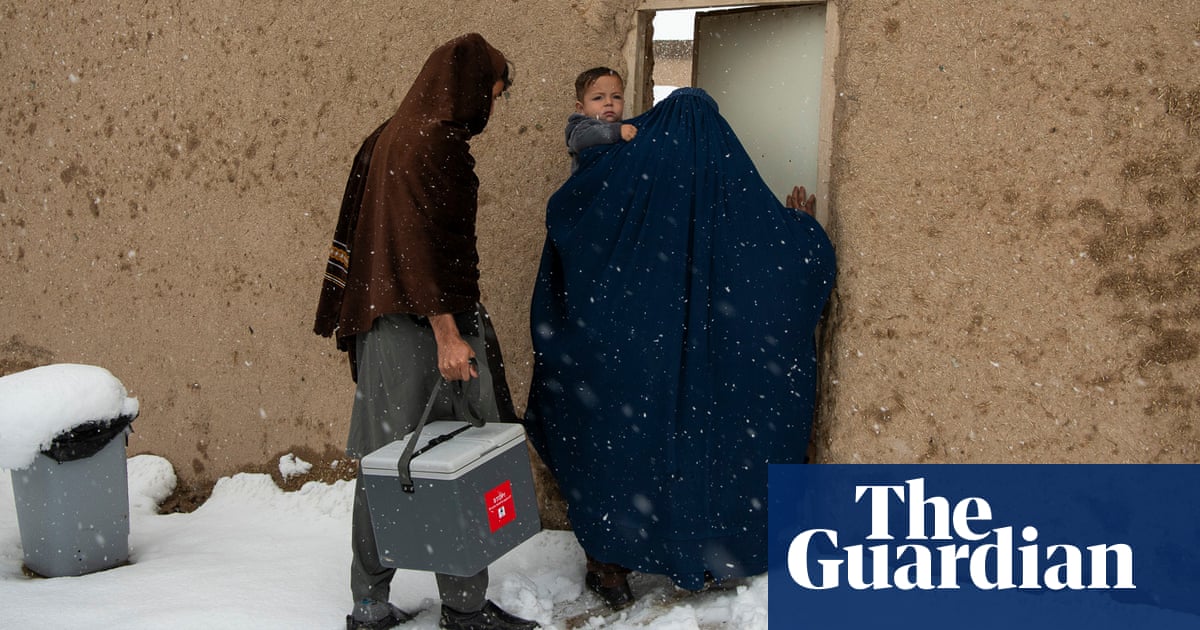German officials have called for a clampdown on illegally imported and homemade “firework bombs” after pyrotechnics for personal use killed at least five people across the country on New Year’s Eve.
The use of personal firecrackers is widespread and only lightly regulated in Germany, leading to hundreds of injuries and massive deployments of police and first responders in cities at the end of every year.
In Berlin alone, police and hospital officials said 17 people had been hurt by Kugelbomben, spherical explosives that are legally restricted to professional firework displays. Five victims including small children suffered serious injuries to their hands, faces and eyes while others sought help for burns and hearing damage.
“The number of patients treated compared to previous years was average or a little below average,” a spokesperson for the UKB hospital in Berlin told local media. “But the severity of the injuries is unusual.”
Most of the fatalities were young men killed in separate accidents while trying to ignite pyrotechnics, in some cases using illicit firework bombs that they had jerry-rigged for more spectacular effect. The Kugelbomben had been mainly brought in from Poland or the Czech Republic and combined with components such as aerosol cans and plastic pipes for a bigger bang and a higher trajectory, authorities said.
The spherical or ball bombs come in various sizes and are reserved in Germany for professional fireworks displays. Before New Year’s Eve, however, they could be seen on offer illegally on social media channels.
Berlin’s regional head of the GdP police union, Stephan Weh, demanded a crackdown on outlawed pyrotechnic imports and a general ban on private fireworks.
“Rockets, firecrackers and compound fireworks are used to attack people and the number of Kugelbomben is growing,” he said in a statement. “Fireworks belong in the hands of professionals.”
A spherical explosive set off in Berlin’s central Schöneberg district, where young revellers have frequently clashed with police in previous years, severely damaged several buildings, leaving 36 residences uninhabitable and sending two people to hospital. A fire brigade spokesperson compared the scene of destruction to a “battlefield”.
Another of the firework bombs went off in a crowd in the northern district of Tegel, injuring eight people, two of them critically including a young boy.
The interior affairs spokesperson of the centre-right Christian Democratic Union in Berlin, Burkard Dregger, demanded tougher measures to prevent the spread of Kugelbomben in German cities during the December holidays.
“The import of banned fireworks – Kugelbomben – from eastern neighbouring countries has got to be stopped with even stricter border checks,” he told the local public broadcaster RBB, calling for talks with the governments of Poland and the Czech Republic to reach a regional consensus.
after newsletter promotion
The opposition Greens called for a total ban on private firework sales. “The question is why we as a society are prepared to have a night of setting off firecrackers with immeasurable collateral damage for people, animals and the environment,” the party’s interior affairs spokesperson, Vasili Franco, said.
In the Netherlands, a 46-year-old man who was severely injured in a firework accident in the town of Tiel died in hospital on Wednesday, authorities said, bringing the number of New Year’s Eve fireworks-related fatalities across the country to two.
A 14-year-old boy was killed in Rotterdam while trying to relight a “cobra”, a particularly explosive – and illegal – firework on Tuesday evening.
Dozens more people suffered serious eye and other injuries despite sales of consumer fireworks being supposedly outlawed in 19 Dutch cities, including Rotterdam and Amsterdam, whose mayors have demanded a national ban.
And in France, 984 cars were set on fire and 420 people arrested in an annual ritual described by the hardline interior minister, Bruno Retailleau, as “gratuitous and endemic violence” by “thugs attacking the property of often modest, ordinary people”.

.png) 2 months ago
32
2 months ago
32













































